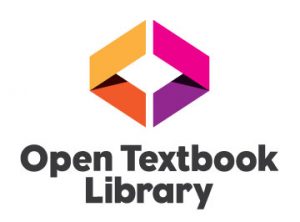Please join us in Athenaeum Classroom for the next STS Seminar Series talk:
Friday, February 2
1:30-3:00
Professor Jacob Lahne
Department of Food Science and Technology (VT),
“Taste Objects: Making Sensory Knowledge in Food Science.”
Snacks and conversation to begin at 1:00. Josh Earle will handle your WebEx requests.
Abstract
“Taste Objects: Making Sensory Knowledge in Food Science,” Jacob Lahne
The sensory experience of our daily sustenance, in much of the post-Enlightenment scholarly community, has not often been considered particularly important for close study. While food and drink have been the object of study of different disciplines for many reasons – their cultural significance, their nutritional capacities, their basic availability, and so on – their sensory
properties have largely been neglected, considered either irrelevant or inaccessible. It is in this void that a few strains of industrial research have developed to accomplish this task – but only for a specific purpose and audience. Sensory science and flavor chemistry, areas of food-science research, purport to document, through a variety of techniques, the intrinsic sensory properties of foods for the development and marketing of new products by the food industry. The ontological and epistemological concerns having to do with sensory experience of other disciplines have failed to impinge on these researchers; “if there is no accounting for tastes, that’s news to the accountants” (Shapin 2012:179). In the absence of interest in sensory experience from other areas, these industrial researchers have come to define how we know about alimentary sensory experience. In this talk, I examine the ways in which food-science has developed tools for rendering subjective experiences of taste as objective, portable knowledge; how these methods are contingent on the industry from which they develop and to which they largely respond; and how these tools might be reimagined as more “maximally objective” scientific methods, to adopt Sandra Harding’s terminology. As other disciplines begin to recognize the critical roles that sensory experience of food and drink play in our lives, the uncritical adoption of these sensory sciences without a deeper investigation of their disciplinary history and assumptions may have real and concerning consequences.


 Virginia Tech is one of nine founding members of the Open Textbook Network Publishing Cooperative, a pilot program focused on publishing new, openly licensed textbooks. The program was launched by the Open Textbook Network (OTN) and aims to increase open textbook publishing experience in higher education institutions by training a designated project manager at each institution and creating a network of institutions.
Virginia Tech is one of nine founding members of the Open Textbook Network Publishing Cooperative, a pilot program focused on publishing new, openly licensed textbooks. The program was launched by the Open Textbook Network (OTN) and aims to increase open textbook publishing experience in higher education institutions by training a designated project manager at each institution and creating a network of institutions.